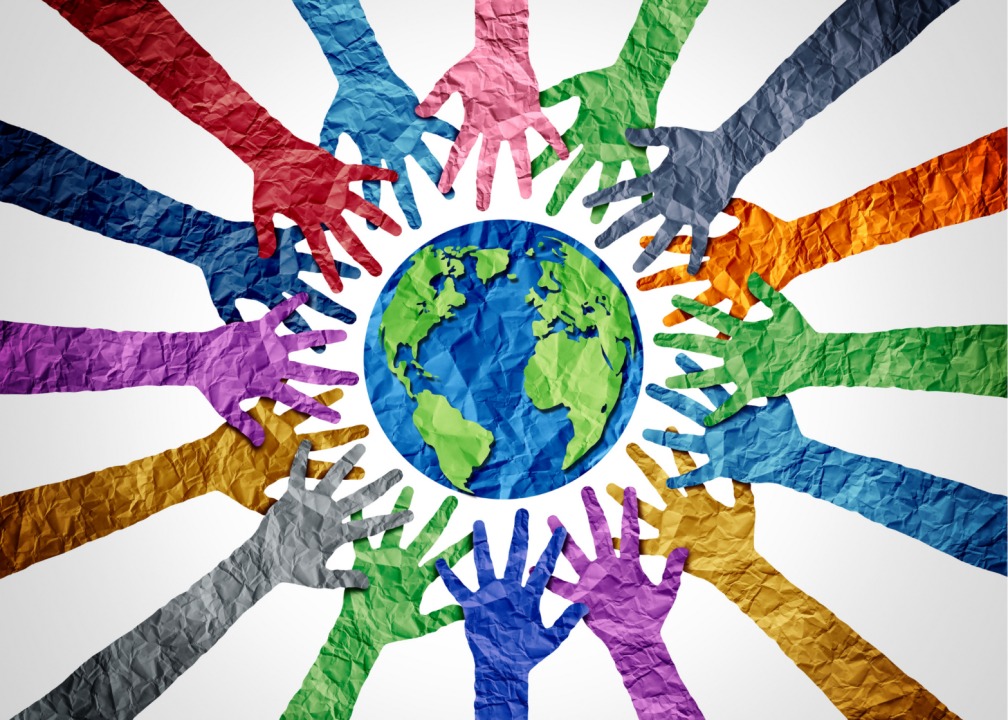
Follow WOWNEWS 24x7 on:
Updated: June 28, 2025 00:48

Global Citizens, Local Roots: How Identity Is Being Rewritten In A Borderless World
As globalization accelerates and digital connectivity reshapes how we live, work, and relate, the concept of identity is undergoing a profound transformation. The rise of global citizenship—once a philosophical ideal—is now a lived reality for millions navigating dual allegiances to both their local heritage and a shared global community. This evolving identity is not about abandoning roots but expanding them to include broader responsibilities, values, and affiliations.
Key Highlights From The Global Identity Shift
- Global citizenship is increasingly defined by empathy, cultural awareness, and a sense of shared responsibility
- Individuals are embracing multiple identities—local, national, and global—without conflict
- Intercultural education is playing a pivotal role in shaping inclusive, globally minded citizens
- Social media and transnational challenges like climate change are reinforcing the need for a global mindset
- The shift is especially visible among younger generations who see themselves as part of a global community
Global citizenship is not about geography or travel—it’s a mindset rooted in shared humanity. It involves recognizing that individual actions have global consequences and that belonging can extend beyond borders.
- A global citizen values diversity, promotes social justice, and feels a responsibility to act for the greater good
- This identity is shaped by both personal experiences and external influences like education, media, and community norms
- It encourages individuals to think critically about their role in addressing global issues such as inequality, sustainability, and conflict
The Role Of Intercultural Education
Education systems around the world are increasingly integrating intercultural learning to foster global awareness and empathy.
- Intercultural education helps students understand and appreciate cultural differences while developing a strong sense of self
- It promotes inclusive environments where diverse identities are respected and celebrated
- Programs that emphasize global citizenship prepare students to thrive in multicultural workplaces and societies
Balancing Local Roots With Global Reach
Rather than replacing local identity, global citizenship complements it. People are learning to navigate multiple affiliations—being proud of their heritage while also engaging with global causes.
- This dual identity is especially relevant in multicultural societies and among diaspora communities
- It allows individuals to act locally with a global perspective, bridging cultural divides and fostering cooperation
- The result is a more nuanced, flexible sense of self that adapts to changing social and political landscapes
Challenges And Opportunities
- Critics argue that global citizenship can feel abstract or elitist, especially in regions facing economic or political instability
- Others caution against diluting cultural specificity in the pursuit of global unity
- However, proponents believe that embracing global identity can strengthen local communities by fostering empathy, innovation, and resilience
Why This Matters Now
In a world grappling with interconnected crises—from pandemics to climate change—the ability to think and act as a global citizen is no longer optional. It is a vital skill for navigating complexity, building inclusive societies, and shaping a more equitable future.
Sources: IntechOpen, Global Citizenship Foundation, Citizens Journal, Springer Education, Indian Express, Psychology Today, Sociology Institute, The Conversation

